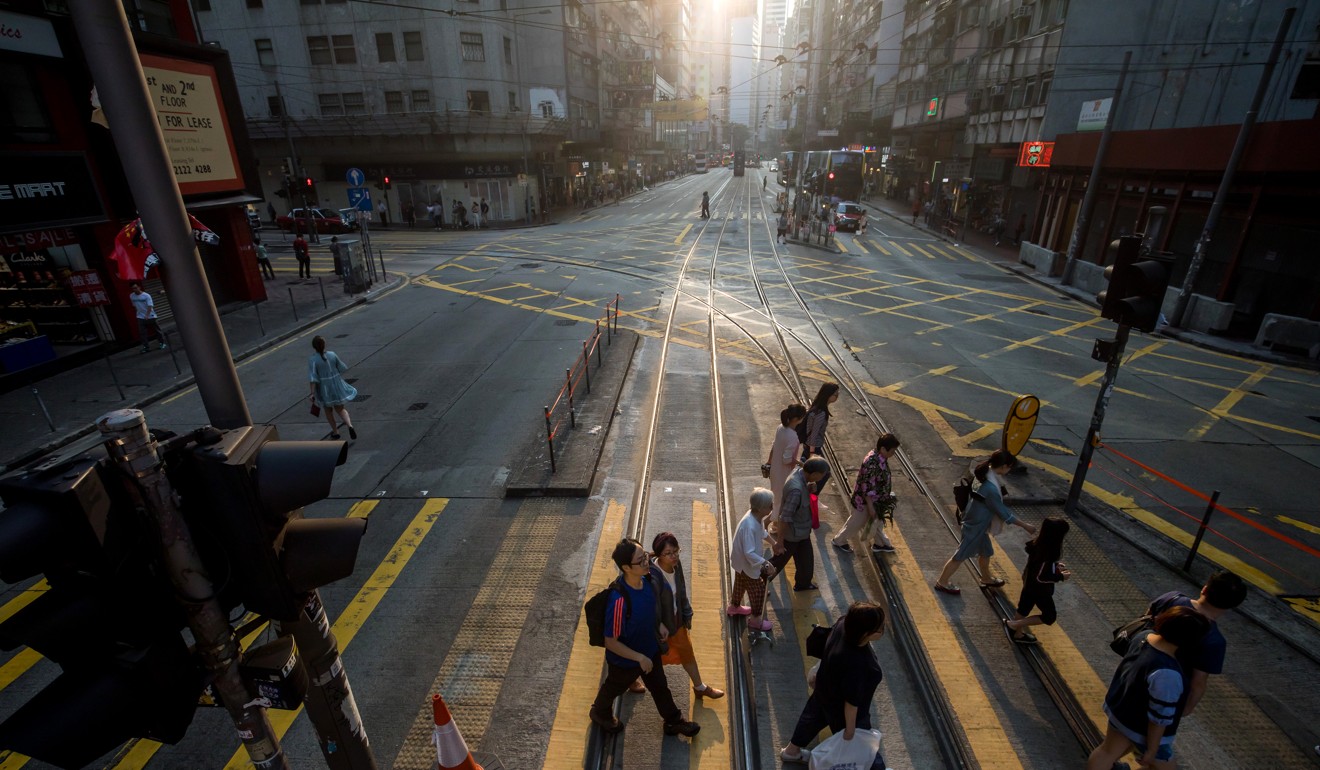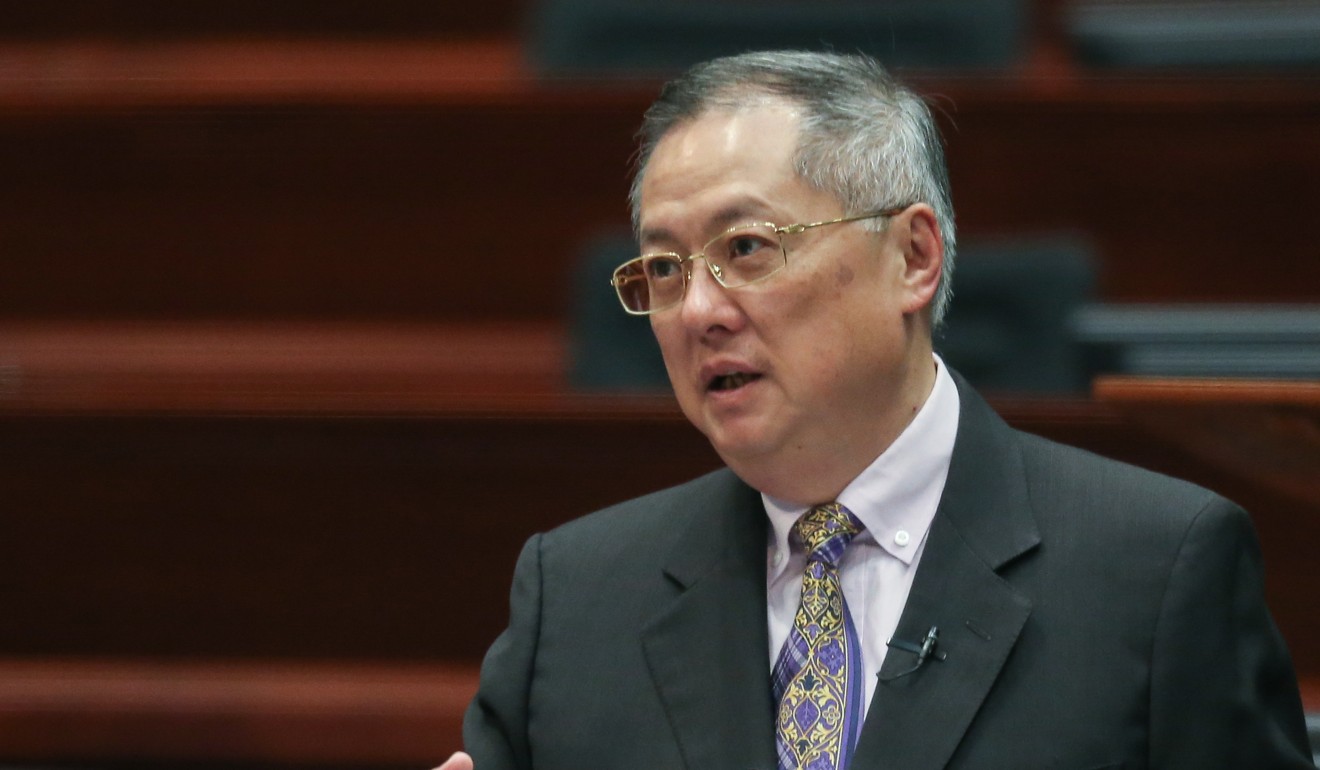
Hong Kong businesses urge dialogue and slow roll-out to Carrie Lam’s plans to boost number of statutory public holidays
- The change is one of 10 initiatives aimed at improving livelihood issues amid economic woes and anti-government unrest
- But business leaders say they were not consulted, and will be adversely affected
Stiff resistance to a government plan to introduce more statutory public holidays is building in Hong Kong’s business community, which was caught off guard by the announcement and wants a delay to its full roll-out as well as a consultation first.
Some stakeholders expressed concerns on Wednesday that while the government was helping them with a HK$25 billion package of relief measures amid an economic downturn, it would also impose a potential burden on employers by giving workers more days off.
Under it, the number of statutory holidays would jump to 17, benefiting blue-collar workers who only get 12 public holidays off each year. The city has 17 public holidays, but only 12 of those are currently statutory, meaning employers can choose not to give their staff the day off on the other five, so only white-collar workers tend to benefit.
Economists take aim at Carrie Lam’s ‘redundant’ relief measures
Michael Leung Chun-wah, who owns four Chinese restaurants with about 300 staff, said the move would cost him about HK$1.5 million a year.
“I was surprised at the out-of-the-blue plan, which the government never consulted the industry on in advance,” he said. “The prospects for the food-and-beverage and retail sectors will be bad this year. I hope the government will think carefully about spreading out the increase over a period of time.”

The plan means good news for workers in industries such as retail, wholesale, food and catering, import and export, transport, storage, and postal and courier services. These industries employ about 949,000 people, or about a quarter of the city’s workforce, according to government figures from the end of the third quarter of last year.
One of the city’s largest business groups, the Chinese General Chamber of Commerce, warned the move could cost businesses, particularly small and medium-sized enterprises.
The economy is slowing down and unemployment is rising. The government is not talking about legislating it right now ... We should think it through first
“We expect the government will consult the industry in detail about the plan, and strike a balance between the interests of labour and employers,” it said.
Liberal Party chairman Tommy Cheung Yu-yan, also an Executive Council member, warned that the extra days off could fuel labour shortages and hit service quality. He called for implementation over 15 years.
“The business sector wants the increments to be no bigger than one day every three years,” he said.
Cheung, who represents the catering industry in the legislature, said his constituents were “unhappy” with the plan, with business already struggling.

But lawmaker Aaron Kwok Wai-keung of the pro-Beijing Federation of Trade Unions rejected such a long transition period.
“It will take 15 years. I think that’s detached from reality,” he said, adding that the changes should happen over two to three years. “If the business sector holds its ground, it will only make it harder to hire people [for blue-collar work].”
Jimmy Kwok Chun-wah, honorary president of business chamber the Federation of Hong Kong Industries, proposed a two-year buffer period, after which one day of statutory holiday would be added per year. That would mean the five-day increase spanning seven years.
A pro-business adviser to Lam, Jeffrey Lam Kin-fung of the Business and Professionals Alliance for Hong Kong, urged the government to consult business leaders, and to strike a balance between welfare and economic growth.
“The economy is slowing down and unemployment is rising,” Lam noted. “The government is not talking about legislating it right now ... We should think it through first.”
Labour Party lawmaker Fernando Cheung Chiu-hung urged change as soon as possible.
“The current situation is like dividing two classes in the workforce, one of which deserves less holiday. It’s a matter of principle to rectify the discrimination and should not wait,” he said.
He also cited government figures showing the change would only mean an increase of 1.7 per cent to citywide pay. “We understand the economy is slowing down, but we believe small and medium enterprises and large corporations can bear the changes,” he said.



